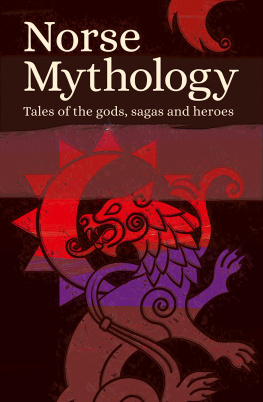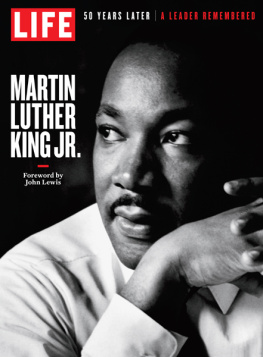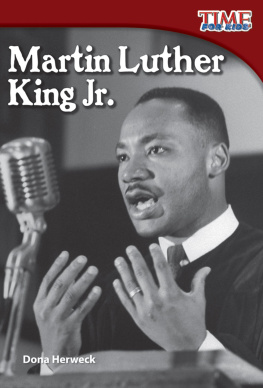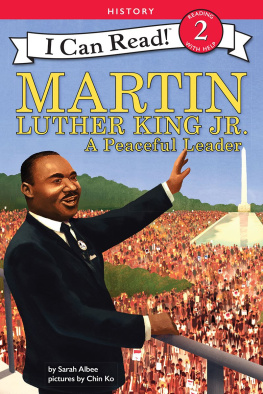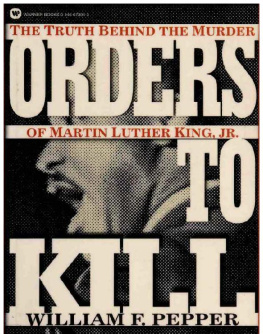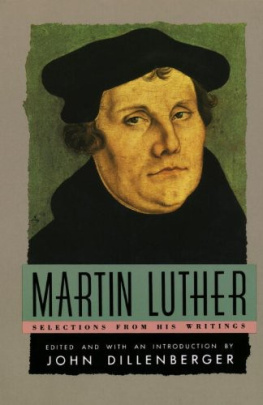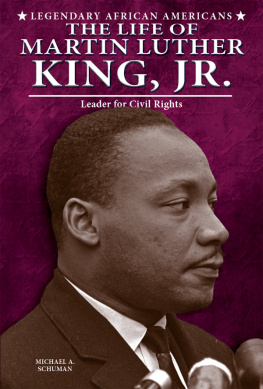Overview
On August 26, 1998, the Attorney General directed the Civil Rights Division of the United States Department of Justice, assisted by the Criminal Division, to investigate two separate, recent allegations related to the April 4, 1968 assassination of Dr. Martin Luther King, Jr. These allegations emanate from Loyd Jowers, a former Memphis tavern owner, and Donald Wilson, a former agent with the Federal Bureau of Investigation (FBI).
In 1993, 25 years after the murder, Jowers claimed that he participated in a conspiracy to kill Dr. King, along with an alleged Mafia figure, Memphis police officers, and a man named Raoul. According to Jowers, one of the conspirators shot Dr. King from behind his tavern.
Wilson alleged in 1998 that shortly after the assassination, while working as an FBI agent, he took papers from the abandoned car of James Earl Ray, the career criminal who pled guilty to murdering Dr. King. Wilson claims he concealed them for 30 years. Some of the papers contained references to a Raul (the alternate spellings, Raoul and Raul, are discussed in Section I) and figures associated with the assassination of President John F. Kennedy. According to Wilson, someone who later worked in the White House subsequently stole the other papers he took from Ray's car, including one with the telephone number of an FBI office.
Both the Jowers and the Wilson allegations suggest that persons other than or in addition to James Earl Ray participated in the assassination. Ray, within days of entering his guilty plea in 1969, attempted to withdraw it. Until his death in April 1998, he maintained that he did not shoot Dr. King and was framed by a man he knew only as Raoul. For 30 years, others have similarly alleged that Ray was Raoul's unwitting pawn and that a conspiracy orchestrated Dr. King's murder. These varied theories have generated several comprehensive government investigations regarding the assassination, none of which confirmed the existence of any conspiracy. However, in King v. Jowers, a recent civil suit in a Tennessee state court, a jury returned a verdict finding that Jowers and unnamed others, including unspecified government agencies, participated in a conspiracy to assassinate Dr. King.
Our mission was to consider whether the Jowers or the Wilson allegations are true and, if so, to detect whether anyone implicated engaged in criminal conduct by participating in the assassination. We have concluded that neither allegation is credible. Jowers and Wilson have both contradicted their own accounts. Moreover, we did not find sufficient, reliable evidence to corroborate either of their claims. Instead, we found significant evidence to refute them. Nothing new was presented during King v. Jowers to alter our findings or to warrant federal investigation of the trial's conflicting, far-ranging hearsay allegations of a government-directed plot involving the Mafia and African American ministers closely associated with Dr. King. Ultimately, we found nothing to disturb the 1969 judicial determination that James Earl Ray murdered Dr. King or to confirm that Raoul or anyone else implicated by Jowers or suggested by the Wilson papers participated in the assassination.
Summary of the Findings of the Investigation
This report documents the findings of our investigation. Our conclusions are based on over 200 witness interviews, scientific testing and analysis of relevant documentary evidence, and review of tens of thousands of pages of records, including the files and papers from four previous official investigations, related litigation including King v. Jowers, private parties, and the media.
After original investigation and analysis of the historical record, we have concluded that neither the Jowers nor the Wilson allegations are substantiated or credible. We likewise have determined that the allegations relating to Raoul's participation in the assassination, which originated with James Earl Ray, have no merit. Finally, we find that there is no reliable evidence to support the allegations presented in King v. Jowers of a government-directed conspiracy involving the Mafia and Dr. King's associates. Accordingly, no further investigation is warranted.
A. Findings Regarding Jowers' Allegations
At the time of the assassination, Loyd Jowers owned and operated Jim's Grill, a tavern below the rooming house where James Earl Ray rented a room on April 4, 1968. Until 1993, Jowers maintained in several public statements that he was merely serving customers in his tavern when Dr. King was shot. He did not claim any involvement in the assassination or significant knowledge about it.
In December 1993, Jowers appeared on ABC's Prime Time Live and radically changed his story, claiming he participated in a plot to assassinate Dr. King. According to Jowers, a Memphis produce dealer, who was involved with the Mafia, gave him $100,000 to hire an assassin and assured him that the police would not be at the scene of the shooting. Jowers also reported that he hired a hit man to shoot Dr. King from behind Jim's Grill and received the murder weapon prior to the killing from someone with a name sounding like Raoul. Jowers further maintained that Ray did not shoot Dr. King and that he did not believe Ray knowingly participated in the conspiracy.
Since his television appearance, Jowers and his attorney have given additional statements about the assassination to the media, the King family, Ray's defenders, law enforcement personnel, relatives, friends, and courts. Jowers, however, has never made his conspiracy claims under oath. In fact, he did not testify in King v. Jowers, despite the fact that he was the party being sued. The one time Jowers did testify under oath about his allegations in an earlier civil suit, Ray v. Jowers, he repudiated them. Further, he has also renounced his confessions in certain private conversations without his attorney. For example, in an impromptu, recorded conversation with a state investigator, Jowers characterized a central feature of his story -- that someone besides Ray shot Dr. King with a rifle other than the one recovered at the crime scene -- as "bullshit." Consequently, Jowers has only confessed in circumstances where candor has not been required by law or where he has not been required to reconcile his prior inconsistencies.
When Jowers has confessed, he has contradicted himself on virtually every key point about the alleged conspiracy. For example, he not only identified two different people as the assassin, but also most recently claimed that he saw the assassin and did not recognize him. Jowers also abandoned his initial allegation that he received $100,000 with which he hired a hit man to kill Dr. King, claiming instead that he merely held the money for the conspirators. Additionally, Jowers has been inconsistent about other aspects of the alleged conspiracy, including his role in it, Raoul's responsibilities, whether and how Memphis police officers were involved, and the disposal of the alleged murder weapon.





